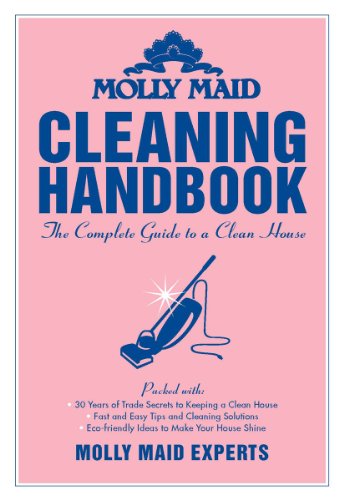
The cutest masked bandit on earth, the North American raccoon, has been wreaking havoc in Canadian cities for years. It can be found from coast to coast*, but is most prolific in big city centres where it has adapted well to city life – the smell from human garbage, compost and recycling being simply irresistible! Also known as a ringtail, coon or dumpster kitty, this pesky critter is adept at getting into any space given the opportunity. Its nimble fingers and relative intelligence have made it a formidable foe. Who hasn’t woken up to find their garbage strewn across the lawn?
Although we have no official critter count, estimates in Toronto (rumored to be the raccoon capital of North America) is somewhere around 100,000! As a result, the search for a raccoon-resistant garbage can is in high demand. The key is finding a locking mechanism that they’re unable to open. To date, a few have seemed successful, but within a few months, these persistent prowlers figure it out, and wildlife experts have to head back to the drawing board. Until a solution is found, we must learn to live in harmony with our furry neighbours. Thanks to the Toronto Wildlife Centre who has compiled the following tips to help with this issue:
Keep Garbage Secure
Keep your garbage inside until pickup day—organic waste can be kept in a freezer to reduce smells. If garbage cans must be kept outside, store them in a closed shed or garage, or build a wooden lock-box with a padlock to hold the cans. Bungee cords can keep bins closed, but make sure to take them off the morning of garbage pickup.
Don’t Leave it out Overnight
Raccoons are nocturnal, so waiting until the morning of garbage pickup to put out your bins can prevent them from getting in.
Keep Garbage off the Ground
Raccoons can get into garbage cans by tipping them over and knocking open the lids. Bins with handles can be hung from a wall with a bicycle hook or a bungee cord.
Keep Garbage Clean
In cities with a compost program, food waste should go in the green bin. Rinse all recycling and other garbage before putting it in the right bin. Unwashed recycling and garbage not only attract wildlife, but can also hurt them: raccoons can get their heads or paws permanently stuck in cans, jars, and bottles.
Did You Know? The raccoon’s English name comes from the Algonquian word arukan, meaning “he who scratches with his hand.”
*Raccoons can be found on the west coast in southern B.C., across northern Alberta and Saskatchewan, into central Saskatchewan, through Manitoba and Ontario, to southern Quebec and in the Maritimes on the east coast.
Photo by Pixabay

